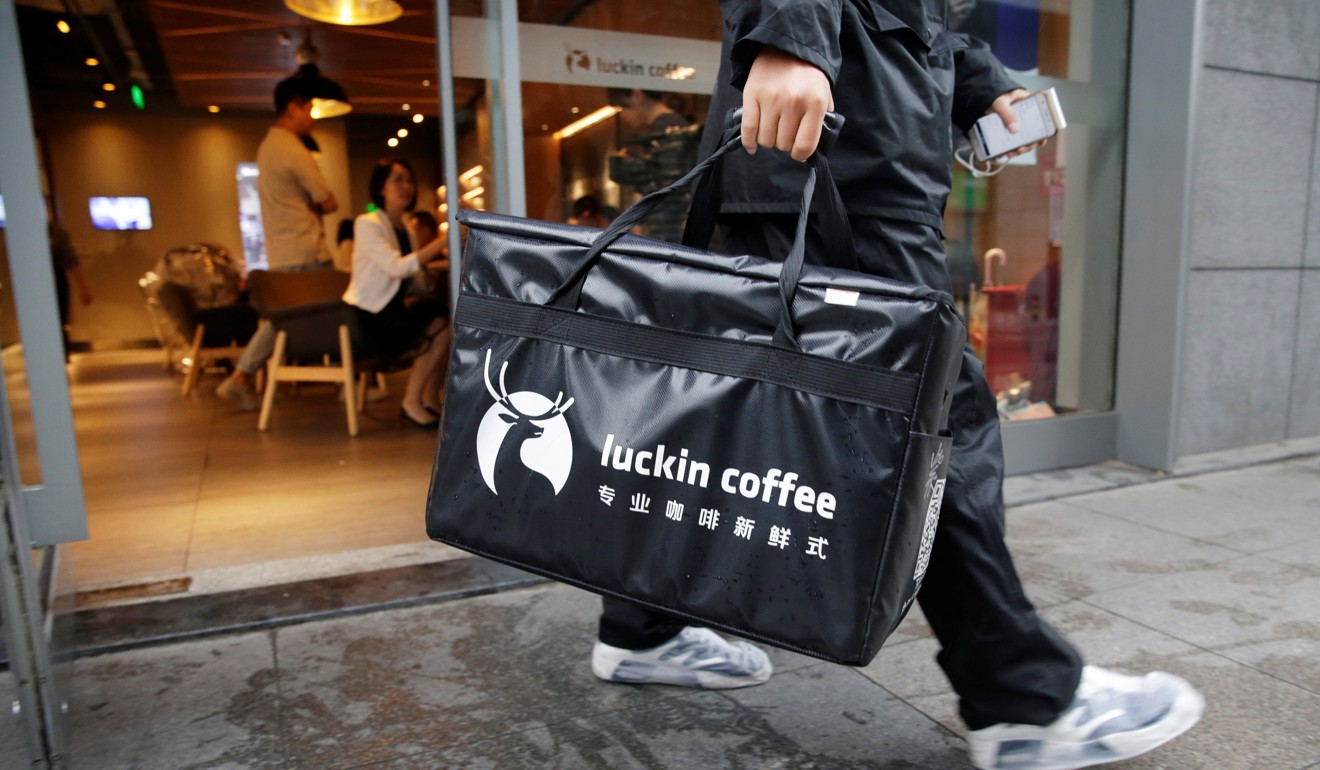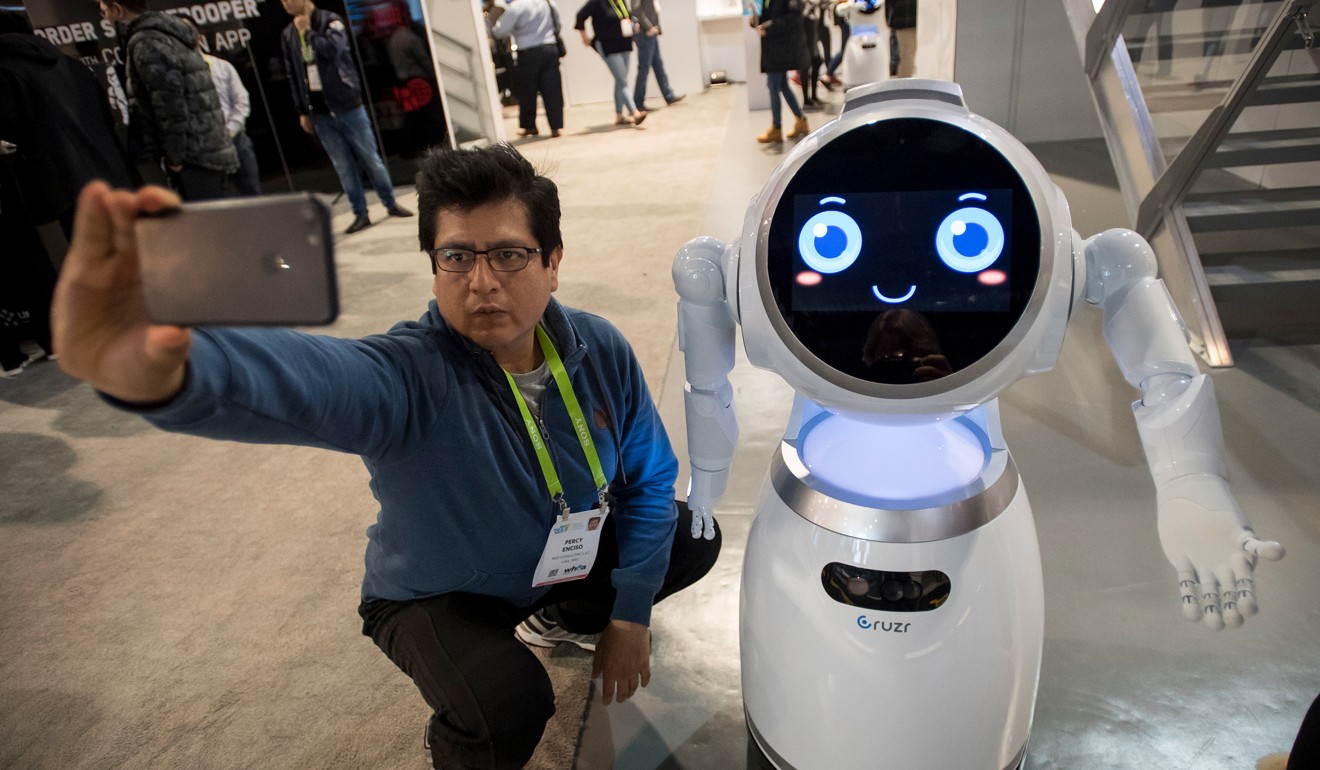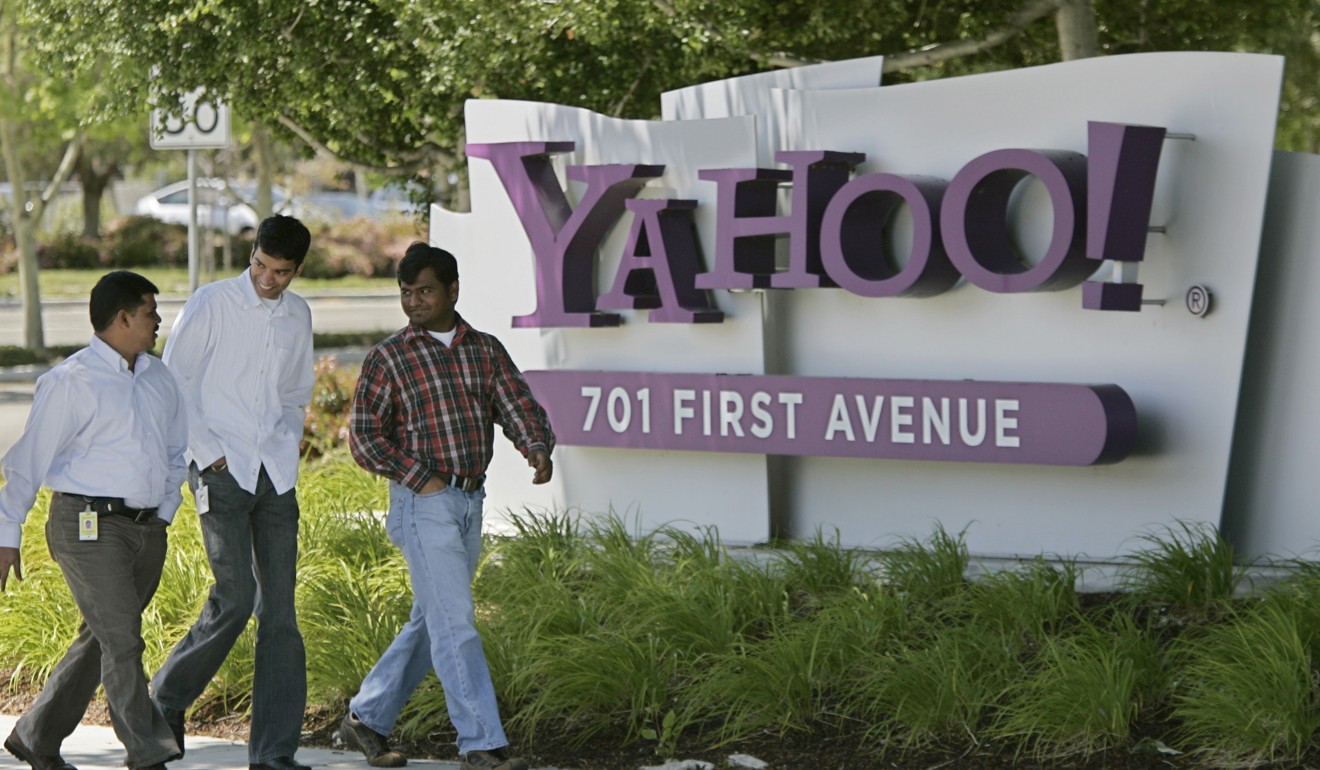
The only thing mythical about unicorns these days is their valuation
Unicorns, a term coined five years ago for billion dollar start-ups, used to be rare, but now anyone raising a couple of hundred million dollars can claim that status
They used to be the billion dollar start-ups. Now we call them unicorns, a term coined five years ago by Aileen Lee of Silicon Valley-based Cowboy Ventures. In mythology, unicorns are rare, beautiful creatures. It was the perfect name – until recently.
Now unicorn is taking on new meaning: start-ups that perpetuate the myth that they are worth a billion US dollars.
These days, it does not take much money to claim a US$1 billion valuation – under US$200 million in some cases. Nor do you have to be a leading edge or disruptive tech company. Many unicorns, especially those in China, are simply smartphone apps applied to businesses that have been around for decades.
Who determines the value of a unicorn? Turns out it is the investors themselves. Online Chinese brokerage Tiger Brokers, backed by Wall Street guru Jim Rogers, said investors putting in US$80 million of C series funding last month determined a valuation of US$1.06 billion. That is despite a global equities slowdown, with Hong Kong stocks hitting a 10 month low last week and mainland Chinese market turnover at a four-year low. A Tiger spokesman did not immediately reply to a question on this matter.
A study of 135 US unicorns last year found that on average they were 48 per cent above fair value. Nearly half should have been valued at less than US$1 billion, and 13 were more than 100 per cent above, according to researchers at Stanford and the University of British Columbia.
One of the reasons cited for the over valuations were the strings that investors attach to their money. IPO return guarantees were offered to investors by 15 per cent of the US unicorns and seniority over all other investors were given to one third of them.
There does not appear to be much, if any, research on “fair” valuations of Chinese unicorns, but venture capitalists generally agree that valuations in China are a lot higher than their US counterparts. This is usually justified by China’s faster growth rates and a population of 1.4 billion people – although only 55 per cent have internet access. With data touted as the “new oil”, Chinese unicorns also pitch themselves as valuable sources of consumer spending patterns, though in the long term people may be less willing to trade their personal data for free or subsidised products.

Luckin Coffee said its valuation was mutually agreed to by the company and its investors. “We can prove its soundness with future performance,” a Luckin spokeswoman said in response to an inquiry.
One group of unicorns that leveraged the billion-plus population to gain funding were the dockless bike sharing companies.
Despite the billions invested, none of the Chinese bike sharing companies have made a profit. Consolidation was only a matter of time, with Mobike being bought by internet conglomerate Meituan-Dianping in April for US$2.7 billion.

At CES 2017, UBTech Robotics described itself as an intelligent humanoid robot company. A year later, the Chinese company was “a robotics and AI company”. Four months later UBTech was touting “the single largest funding round ever for an artificial intelligence company” after raising US$820 million with a market valuation of US$5 billion.
Emailed inquiries sent to UBTech’s marketing department and public relations firm were not immediately answered.
Ultimately, a unicorn’s true value is only determined when it is sold – either through an IPO or to a third party buyer.
Xiaomi, which briefly held the title of world’s most valuable unicorn a few years ago, launched an IPO in Hong Kong last month with a valuation of US$47 billion, well below the US$100 billion it initially expected.
CEO and founder Lei Jun pitched Xiaomi as an “internet” company, even showing a slide during an IPO briefing where smartphone sales were lumped under “internet sales”. Investors, as well as Chinese securities authorities, did not buy it. They saw a “hardware” company which derived 90 per cent of its revenue from hardware. Lei tried to justify his stance by calling Xiaomi a “new species”.

The author is a technology news editor with the South China Morning Post. Follow @craigaddison

